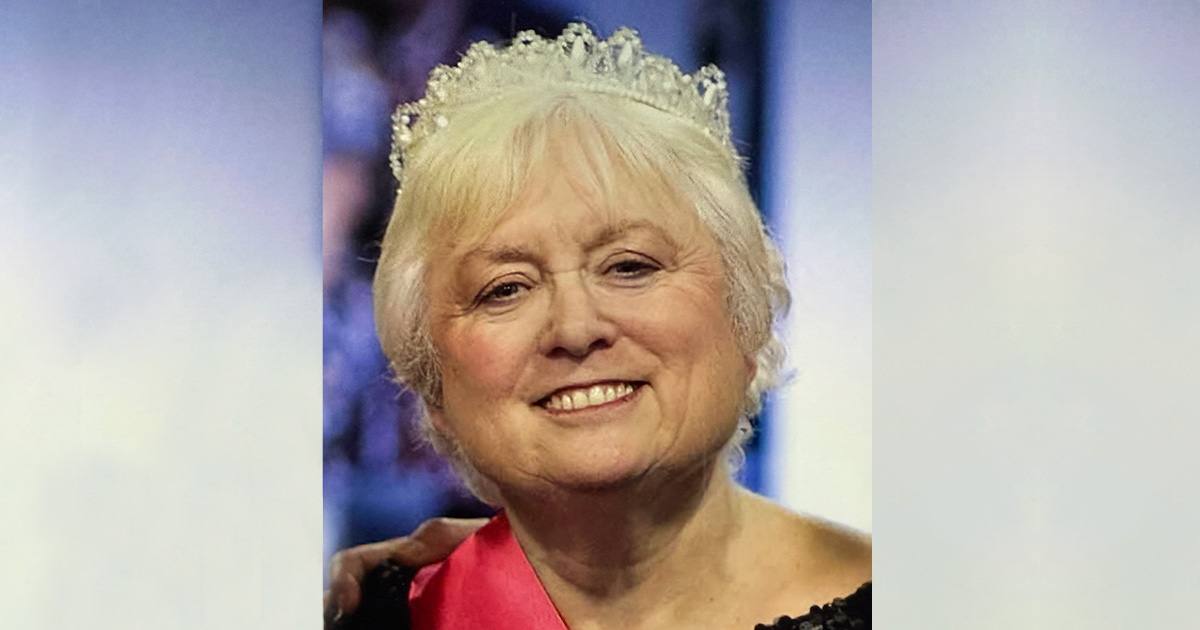In response to the above letter, perhaps the post of ‘leader in diabetes nursing’ should be full-time and have a job description including the qualities most commonly attributed to leaders — articulated by Sue Cradock (1999) at the first Journal of Diabetes Nursing conference, held in February 1999, Diabetes Specialist Nursing – Where Now? The post should be based in a well-appointed office with full-time administrative and PR support and of course remunerated to the tune of at least £50000. I strongly suspect that there would be no shortage of strong applicants who would be very effective – there could even be a system of secondment to the post, so that all people capable of undertaking the role could do so.
I say this because, as an extremely hard worker and a leadership candidate herself, Jill knows the challenges such positions bring – and they are all ‘on top of the day job’. Add to this apparently simple two-job equation, a busy home, usually a family, a social life and personal, emotional and physical commitments and it’s no wonder that some activities which should be undertaken are not! I don’t think that there is any shortage of knowledge of what needs to be done. There is an extreme shortage of time to action them – on some days, I don’t have time to blow my nose, let alone spend a luxurious hour planning a considerable research project into diabetes specialist nursing activity! The Diabetes Nursing Forum Committee has spent the last month trying to find a suitable date for our next meeting.
Most people are busy with their lives and don’t want to take on more work – I’ve heard it said more than once that ‘If I express my opinions publicly, I might have to join a committee and do even more work’. The people who do undertake national activity (in whichever organisation) do so excellently, by and large, and often at great personal expense. It is completely normal for human beings to leave things to other people, to criticise activities rather than compliment them and fail to respond to invitations to consultations (note, extremely poor turnouts at elections and responses to articles in journals). Hence, the present situation where a few people in leadership positions are seen as ‘power hungry’ or hogging the limelight. I have learnt that it is not possible to do everything that needs to be done, nor be in two places at once. The compromise is to do the best you can in the situation according to your philosophy.
Having said all of the above, to address Jill’s point about core elements of the DSN role, consultant nurses, etc. I think we can do a great deal worse than to look at developments in the general healthcare world. For example, consultant nurse posts are being advertised and appointed and even though there are only two in diabetes, there are plenty of others for us to find out about. Making a Difference (Department of Health, 1999a) is being implemented and of course will have an impact on diabetes nursing. The Higher Level of Practice Pilot (UKCC, 1999) is, I believe, the way forward for finally defining advanced/specialist practice and I for one am finding it extremely exciting to be involved.
Agenda for Change (Department of Health, 1999b) is likely to have implications for us all and the Government’s modernisation programme (Department of Health, 1997, 1998) could offer diabetes care great opportunities. If anyone does not know about the above initiatives, then it’s time to look them up!
I think we need to stop thinking that we’re a special case in nursing and get on with finding out and meeting the challenges in the wider world of health care – do you agree?





International Diabetes Federation officially recognises “type 5 diabetes”, decades after first being observed.
24 Apr 2025